Ian Schrager lifts the curtain on the bacchanal Studio 54 years
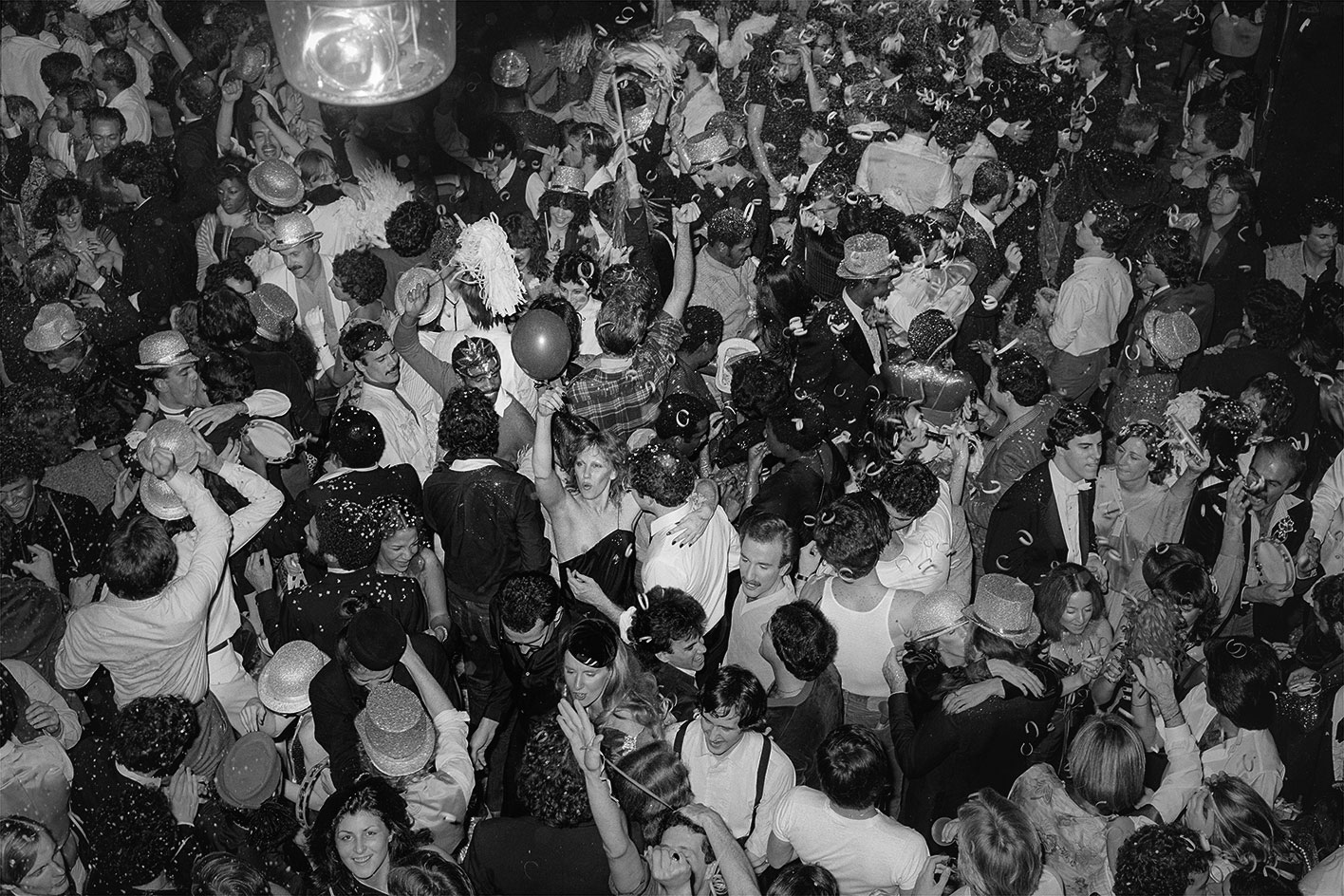
Receive our daily digest of inspiration, escapism and design stories from around the world direct to your inbox.
You are now subscribed
Your newsletter sign-up was successful
Want to add more newsletters?

Daily (Mon-Sun)
Daily Digest
Sign up for global news and reviews, a Wallpaper* take on architecture, design, art & culture, fashion & beauty, travel, tech, watches & jewellery and more.

Monthly, coming soon
The Rundown
A design-minded take on the world of style from Wallpaper* fashion features editor Jack Moss, from global runway shows to insider news and emerging trends.

Monthly, coming soon
The Design File
A closer look at the people and places shaping design, from inspiring interiors to exceptional products, in an expert edit by Wallpaper* global design director Hugo Macdonald.
Studio 54 started and ended with a bang. The legendary nightclub fired onto New York’s burgeoning club scene in 1974, raged for seven years, before plunging into scandal with the rising dawn of the 1980s.
Its unlikely founders, then-junior lawyer Ian Schrager and his client Steve Rubell, who owned a small chain of steak restaurants, have become just as talked about as Studio 54 itself. Though Rubell passed away in 1985, Schrager has gone on to have unprecedented success.
The Steve Jobs of the hotelier world, Schrager founded the ‘boutique hotel’ category of luxury accomodation in the 90s, and has spearheaded the concept ever since. Most recently, Schrager opened the Herzog & de Meuron-designed Public hotel in New York.
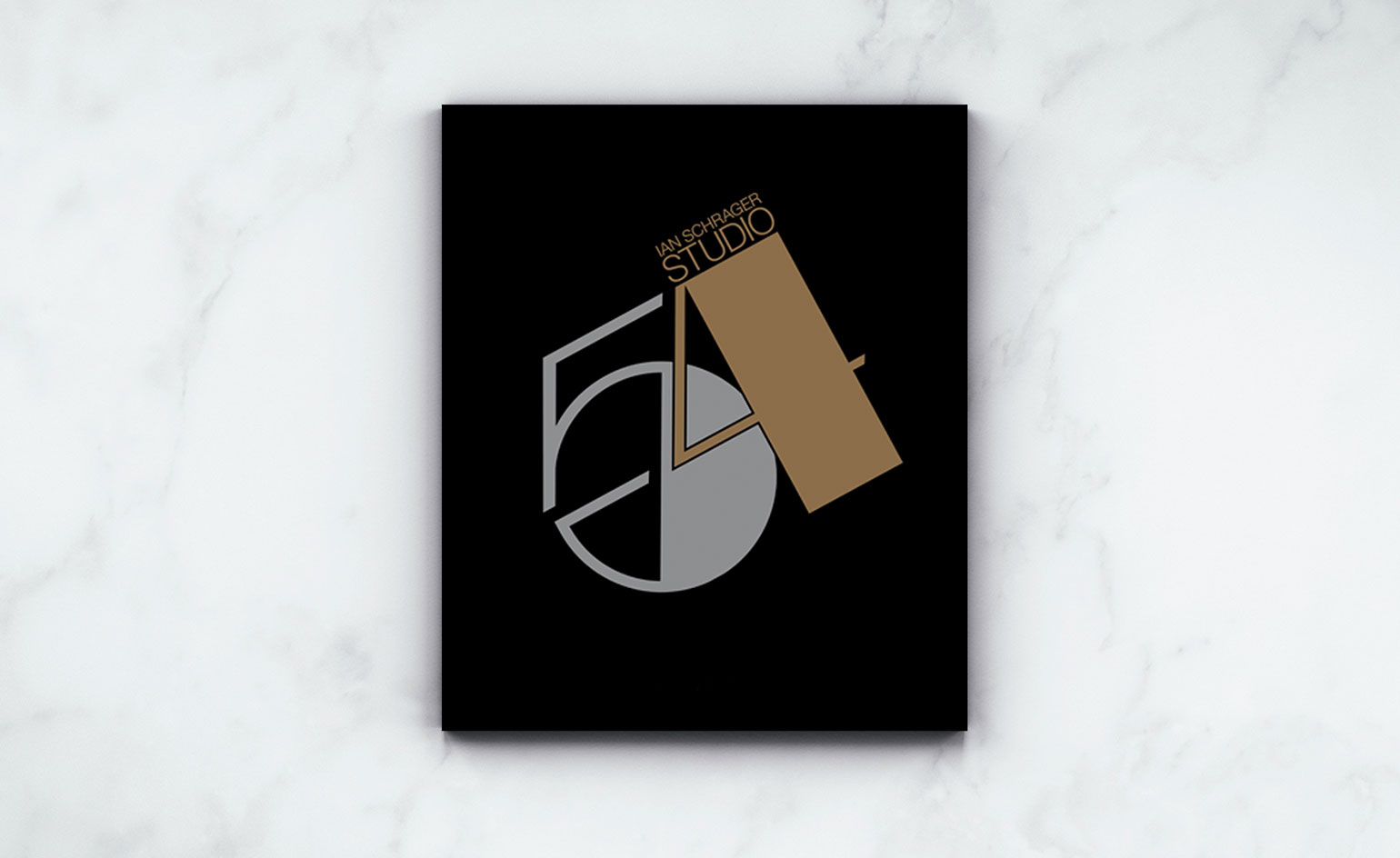
The cover of Studio 54, published by Rizzoli
The behind the scenes goings-on of Studio 54, renowned for its writhing dance floor, fabulous guests and legal contretemps, has long been a source of intrigue. Nearly 40 years since its closing, Schrager has finally decided to immortalise its outrageous reign in book form.
‘Only one person can tell this story,’ he writes in the opening of Studio 54, a midnight-black and extravagantly embossed book published by Rizzoli, preparing us for the intimate, highly personal account that follows. Chapter to chapter, readers move to the very front of the golden-roped queue on West 54th Street, getting a rare glimpse behind those notoriously inaccessible black doors.
What follows is a riot of early sketches, plans and pages from Schrager’s scrapbook, anecdotes from its storied wassailers (from Andy Warhol to Debbie Harrie), and never before seen, access-all-areas, letters between Schrager, his lawyers, and the NYPD. Readers are given the VIP treatment (sans ‘alternating shots of Stoli with a hit of coke’ in the basement), served sketches of Paul Marantz’s famous lighting design, (along with a letter from the designer, who goes ‘on the record’ to ‘strongly urge’ Schrager to prohibit the use of the lighting rigs as climbing frames).
Comprehensive history this is not. But how could it be? Few who were there are likely to remember every chronological detail of their Studio 54 exprience. Misty memories are presented as such, with nebulous quotes and jumbles of fragmented photography tumbling from the pages.
Warhol wrote in his 1979 book, Andy Warhol’s Exposures: ‘Studio 54 is a dictatorship at the door, but a democracy on the dance floor.’ This book is that dance floor. Readers who weren’t lucky enough to be there, are made to feel as if they were. As Schrager writes, ‘This is for my family, children, and grandchildren to come... so they will know.’
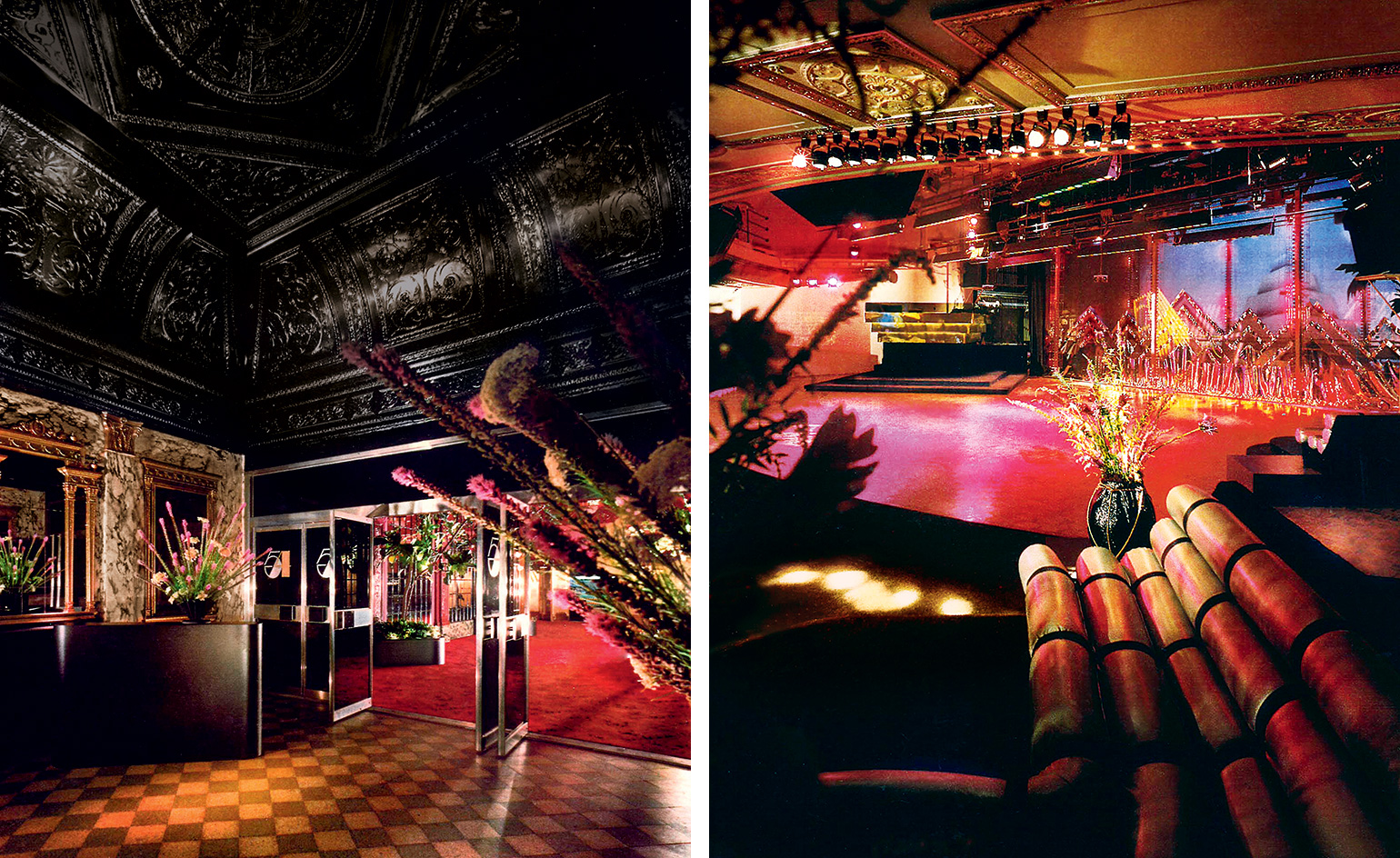
Left, the entrance to Studio 54, where people paid. Ian Schrager always insisted that the black doors be kept closed, so that it was a processional when they were opened. Right, the famous, moveable tube banquettes facing the original DJ booth and a cut drop designed by Aerographics.
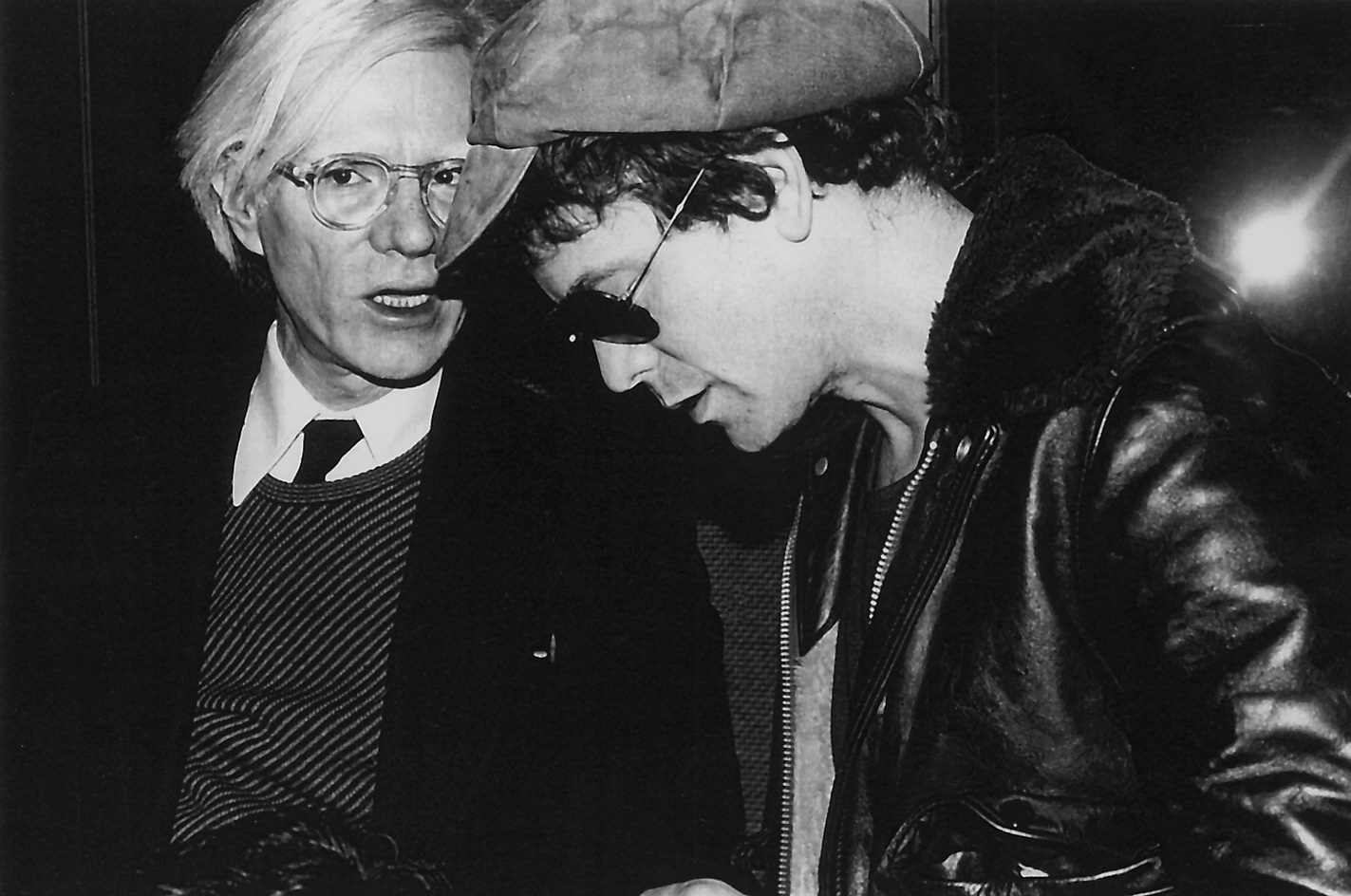
Andy Warhol with Lou Reed. © Rose Hartman
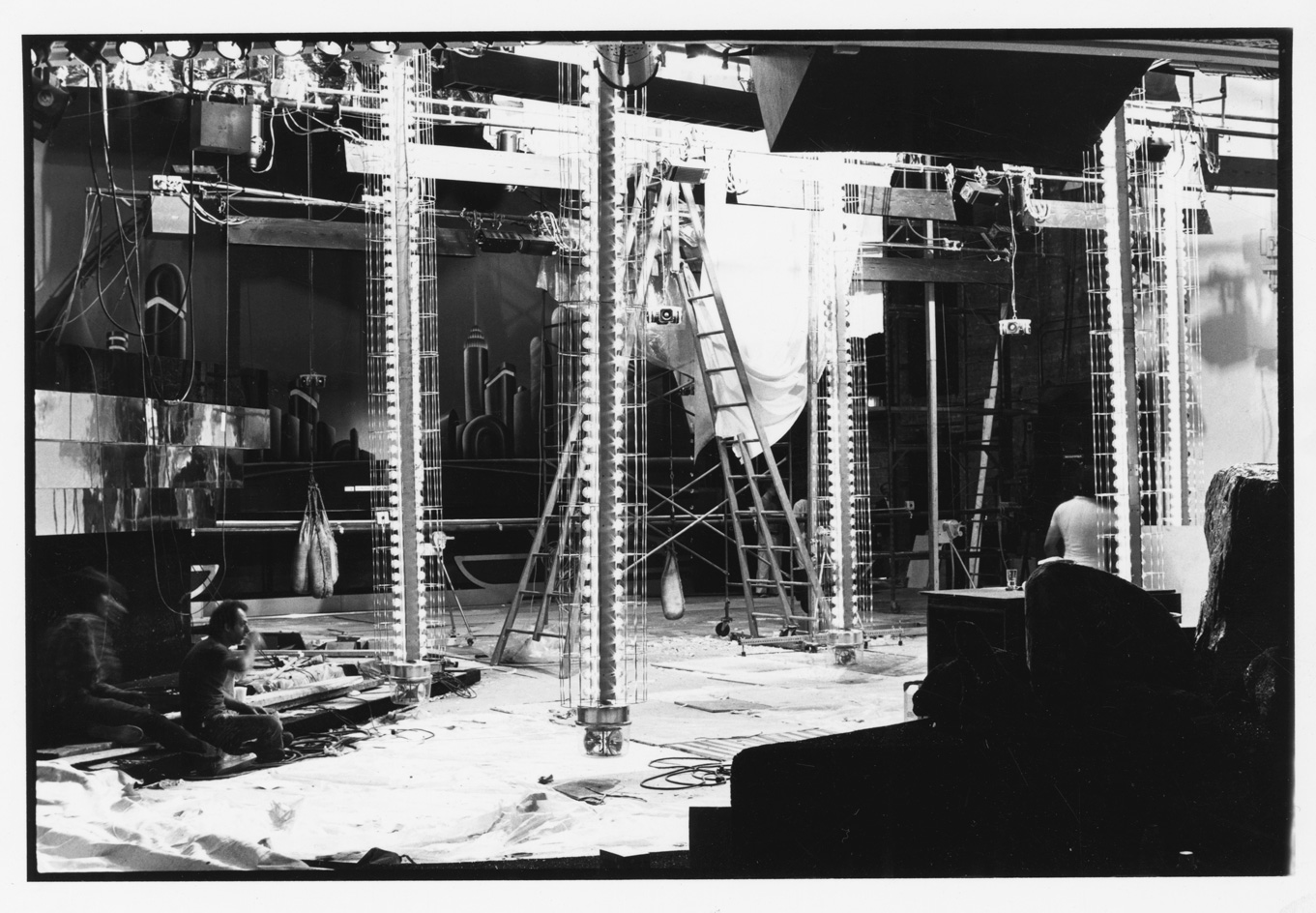
A construction meeting inside Studio 54 before it opened in 1974
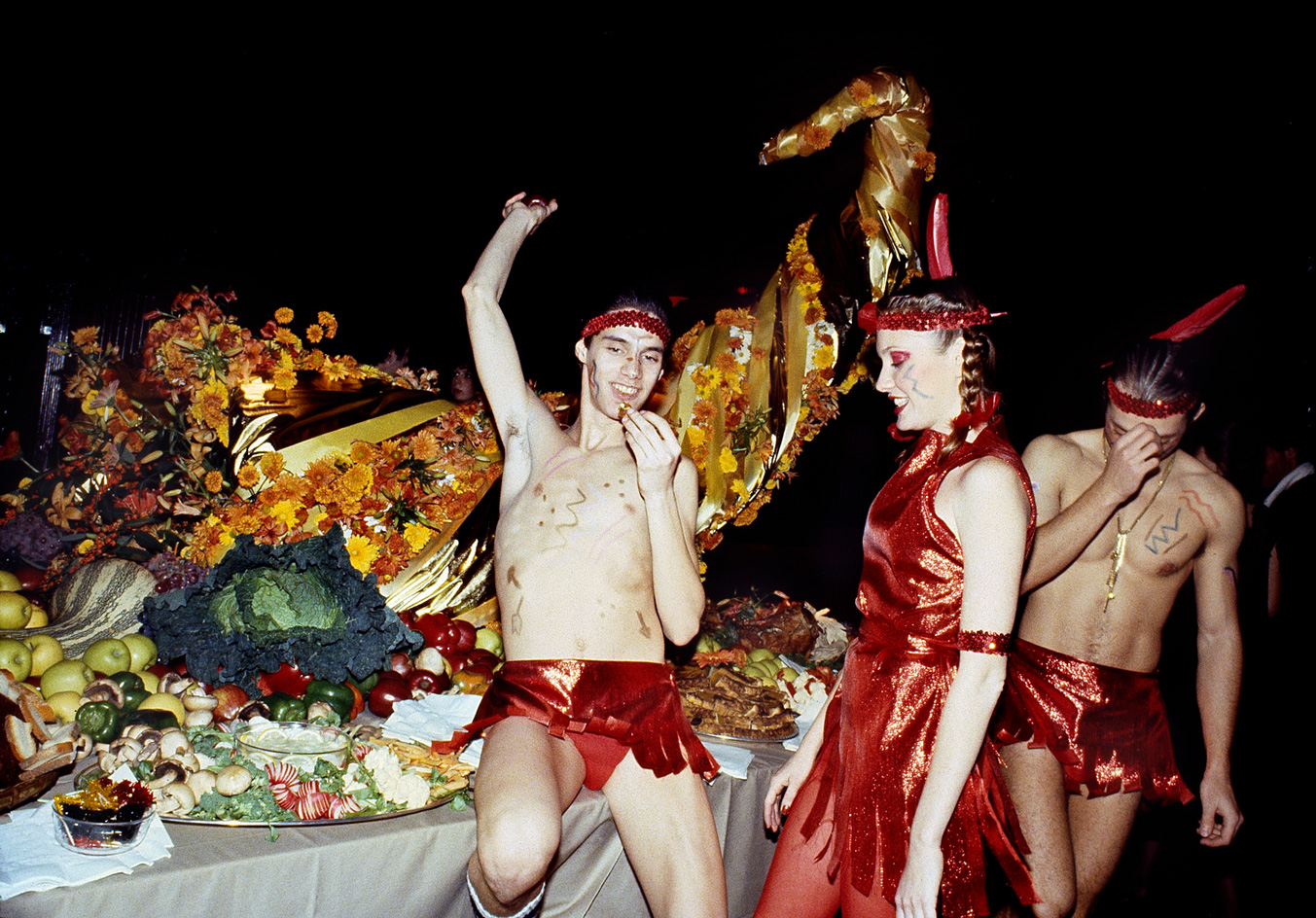
Overflowing cornucopia at the Casablanca Records party celebrating the release of the Thank God It’s Friday soundtrack.
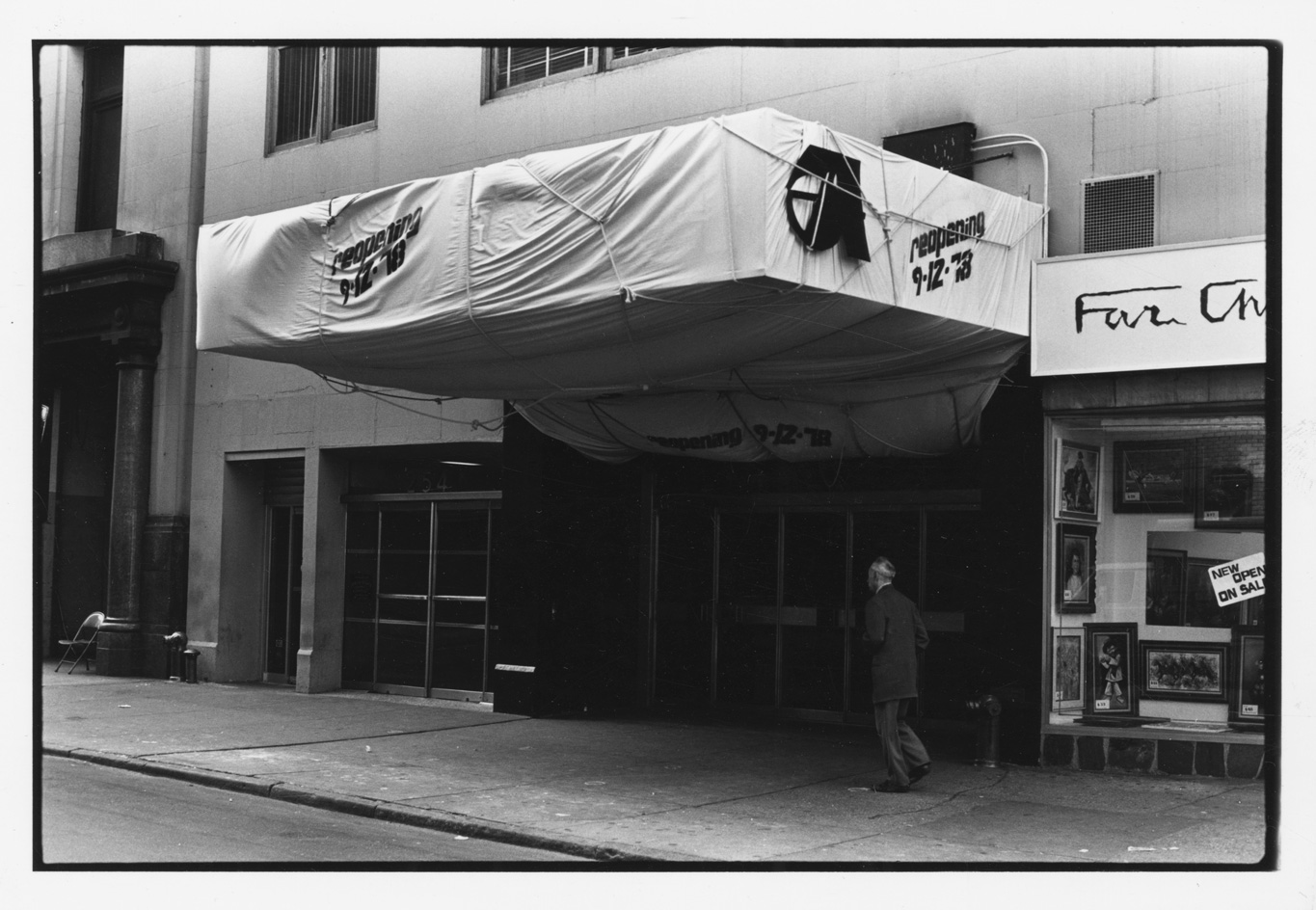
In the summer of 1978, Studio 54 closed for a rare few days in order to undergo a major renovation
INFORMATION
Studio 54, published by Rizzoli, £55
Receive our daily digest of inspiration, escapism and design stories from around the world direct to your inbox.
Elly Parsons is the Digital Editor of Wallpaper*, where she oversees Wallpaper.com and its social platforms. She has been with the brand since 2015 in various roles, spending time as digital writer – specialising in art, technology and contemporary culture – and as deputy digital editor. She was shortlisted for a PPA Award in 2017, has written extensively for many publications, and has contributed to three books. She is a guest lecturer in digital journalism at Goldsmiths University, London, where she also holds a masters degree in creative writing. Now, her main areas of expertise include content strategy, audience engagement, and social media.